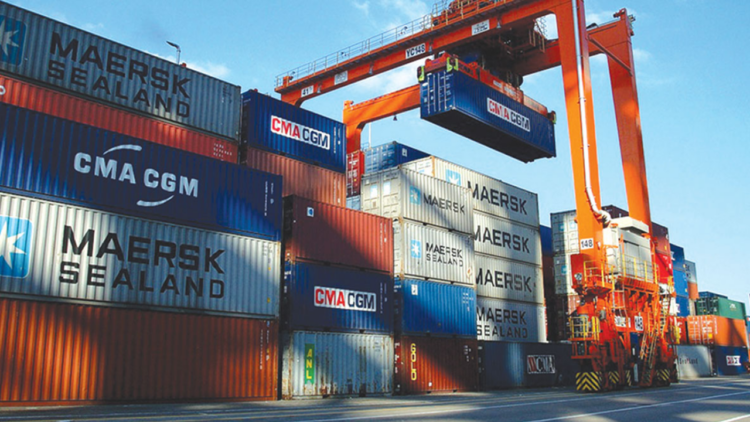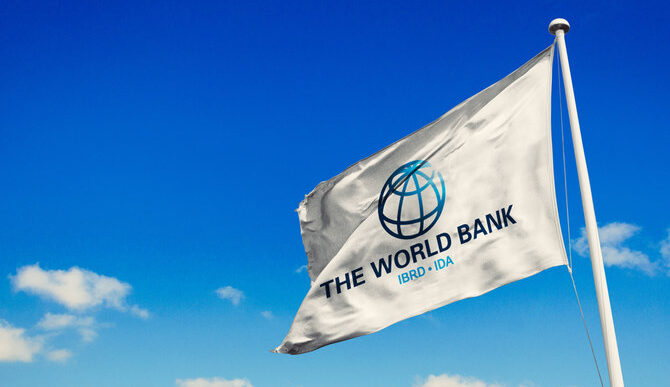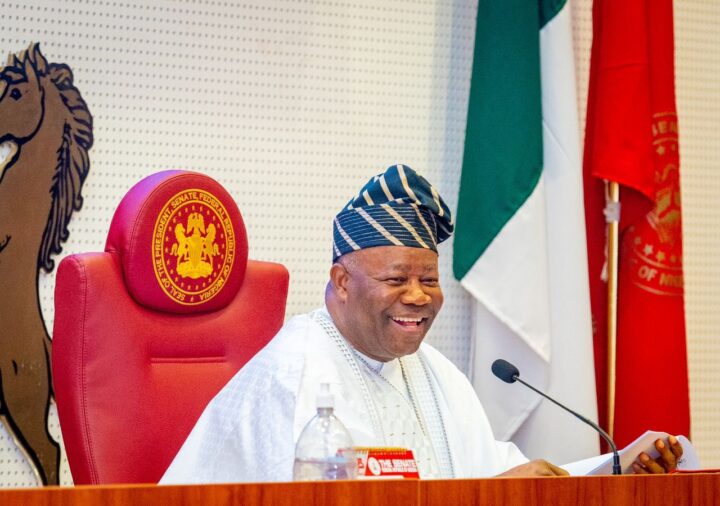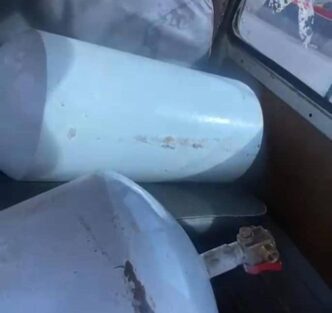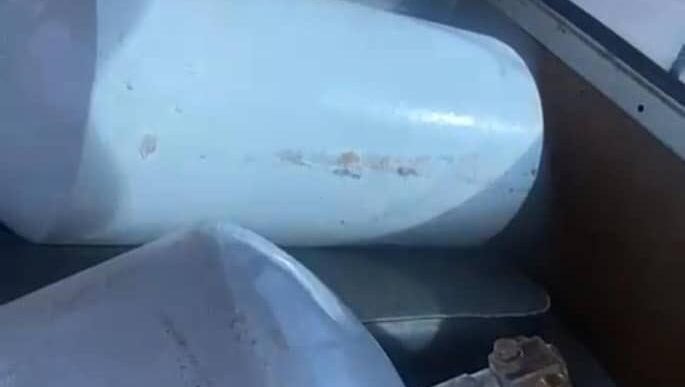Speaking in Abuja during the Nigerian Economic Summit (NES) on Wednesday, Cardoso said there are opportunities for people to invest despite the weak currency.
“In terms of persuasion, what we need now is to ensure that investments are here. Take, for example, now it may seem like a threat in the sense that the exchange rate has come down so low. But that also is an opportunity because what that means is that it can help to boost your exports,” Cardoso said.
“This will make Nigeria to become a lot more competitive in the export trade. I just want to encourage people to say that the opportunities are here. Things are recalibrating in a particular direction. It’s not perfect, but definitely there are opportunities for people to single out and invest.
Advertisement
“By the time you are exporting to other countries with the cost of import here and the relatively low naira, you will have a situation where you have to do things like that. And I see it happening. Others are doing it and the interest is growing in leaps and bounds.”
CBN announced the unification of all segments of foreign exchange (FX) markets on June 19 — leading to the naira depreciating significantly.
The naira has depreciated by 257.2 percent in the official window and 121.7 percent in the parallel market between May 29, 2023, and October 16, 2024.
Advertisement
According to data from the FMDQ Exchange, during the period in review, the naira depreciated from N464.51 per dollar to N1,659.69/$ in the official window.
In the parallel market, the naira has declined from N762/$1 to N1,690 per dollar within the reviewed period.
‘WORLD BANK’S PROJECTION ON TRANSFORMING NIGERIA’S ECONOMY MISUNDERSTOOD’
Speaking on the reactions that trailed the statement of Indermit Gill, senior vice-president of the World Bank Group, that Nigeria must maintain its current reforms for the next 10 to 15 years to transform its economy, Cardoso said his interpretation of the comment is different from what the majority think.
Advertisement
“The issue of the World Bank chief economist. I wasn’t here. But I read the speech. To be honest, my interpretation wasn’t how others perceived it. I think he was basically misunderstood,” Cardoso said.
“My understanding of what he said is that the policies of the central bank are putting Nigeria on the right track.
“And frankly, I did not mention the World Bank when I said earlier that if you look at the rating agencies and other international financial institutions, it’s all the same thing. And I doubt we can all agree on that.
“So I know that we are in a situation where many are very cynical, perhaps understandably so, because of the way things have turned out over a period of time. But I personally don’t think that cynicism should be the order of the day today.
Advertisement
“I think that we should accept that there have been a lot of mistakes made over a long period of time. We should also accept that we risk the opportunity to diversify our economy.
“We should accept that we are a monolithic economy. We should also accept that any movement or shocks in a monolithic economy will cause much more pain than if the economy were diversified. I think that is justified.”
Advertisement
Some of the reforms by President Bola Tinubu’s administration are the removal of subsidy on premium motor spirit (PMS), also known as petrol, devaluation of the naira and increase in electricity tariff for Band A customers, to reduce the federal government’s subsidy obligation.
During his swearing-in speech on May 29, 2023, Tinubu announced the removal of the petrol subsidy, which has increased petrol prices, transportation and production costs.
Advertisement
Prior to the removal of the petrol subsidy, the product was sold between N195 and N238 per litre across the country, however, PMS now sells above N998.
Additionally, on April 3, the Nigerian Electricity Regulatory Commission (NERC) approved an increase in electricity tariff for customers under the Band A classification.
Advertisement
The commission said customers under the classification, who receive 20 hours of daily power supply, will pay N225 per kilowatt (kW) — up from N66.
Following the development, the agency said the approved tariff would reduce electricity subsidy for the 2024 fiscal year by about N1.14 trillion.
However, on May 6, electricity distribution companies (DisCos) announced a reduction in the tariff of Band A customers to N206.80 per kilowatt-hour.
The tariff was, however, increased on July 3 to N209.5 per kilowatt-hour by four DisCos.
